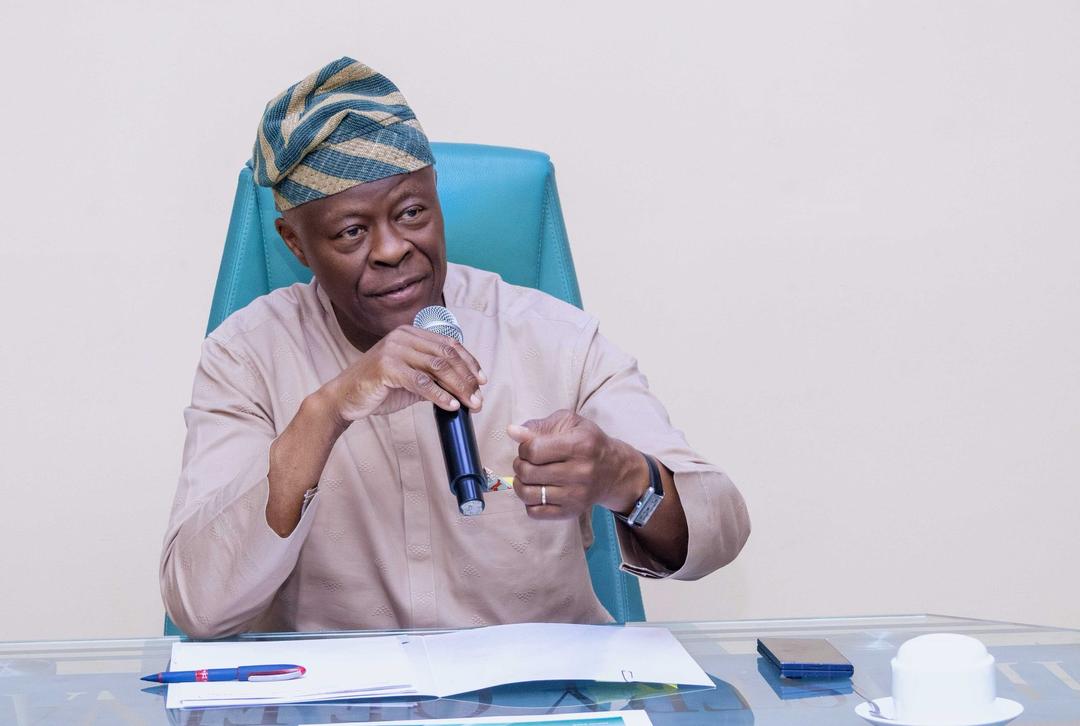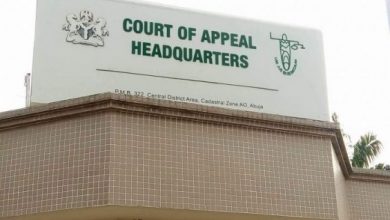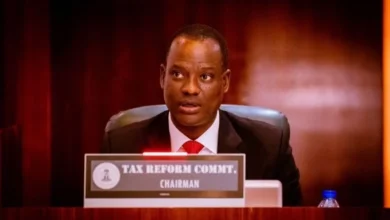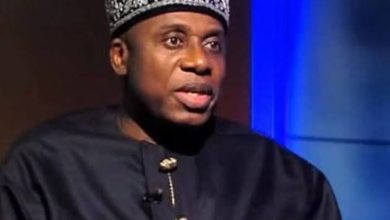
The Federal Government has reaffirmed its commitment to responsible fiscal management and economic transformation with the submission of the proposed 2024–2026 External Borrowing Rolling Plan to the National Assembly.
The request, formally presented on May 27, 2025, by President Bola Ahmed Tinubu, GCFR, outlines a structured, multi-year borrowing framework designed to fund priority projects across critical sectors of the Nigerian economy. The Federal Ministry of Finance released a detailed statement on Tuesday to clarify the rationale, scope, and strategic importance of the borrowing plan.
According to the statement, the borrowing plan forms an integral part of the Medium-Term Expenditure Framework (MTEF), as mandated by the Fiscal Responsibility Act 2007 and the Debt Management Office (DMO) Act 2003. It encompasses a comprehensive strategy for both federal and state-level external borrowing, with five detailed appendices covering project specifications, implementation timelines, terms, and other technical components.
Crucially, the government emphasized that the rolling plan does not imply immediate or automatic borrowing. Rather, actual borrowings are determined annually in the national budget. For 2025, external borrowing is capped at US $1.23 billion, with disbursement scheduled for the second half of the year.
“The plan avoids the inefficiencies of ad hoc borrowing and provides a forward-looking approach to mobilizing development finance,” the statement noted.
The plan also includes financing requests from several state governments, including Abia, Bauchi, Borno, Gombe, Kaduna, Lagos, Niger, Oyo, Sokoto, and Yobe, reinforcing its national spread and inclusiveness.
To allay public concern about debt sustainability, the Ministry underscored that the majority of projects in the plan are backed by project-tied, multi-year drawdowns of between 5 to 7 years. These include strategic initiatives in power infrastructure, irrigation for food security, a national fibre optic backbone, defense capabilities (including fighter jets), and transport networks such as rail and road construction.
Significantly, the government stressed that the borrowings will come primarily from development partners offering concessional loans with long repayment periods. These partners include the World Bank, African Development Bank, French Development Agency, European Investment Bank, Japan International Cooperation Agency (JICA), China EximBank, and the Islamic Development Bank.
In support of the plan, the Ministry highlighted Nigeria’s improving debt service-to-revenue ratio, which has declined from over 90% in 2023 due to reforms. These include ending inflationary financing via Ways and Means, and renewed revenue mobilisation efforts through the Nigerian National Petroleum Corporation (NNPC) and tech-driven oversight of Government-Owned Enterprises (GOEs).
“With a fair degree of macroeconomic stabilization now achieved, our goal is to pivot Nigeria to a path of rapid, sustained, and inclusive economic growth,” the statement read. “That path demands significant investment in infrastructure, energy, agriculture, and transportation — all of which require financing through strategic borrowing.”
The Ministry assured Nigerians that fiscal prudence, transparency, and accountability remain central to the Tinubu administration’s economic agenda. All borrowing will be in line with the DMO’s Debt Sustainability Framework, and the government’s debt strategy will prioritize utility, sustainability, and economic returns over debt volume.
The statement concluded with a call for constructive public engagement and robust legislative oversight, affirming the Federal Government’s dedication to steering Nigeria toward long-term prosperity.
Read the Full Statement Below:
RE: NIGERIA’S EXTERNAL BORROWING PLAN FOR 2024 -2026
On May 27, 2025, the President of the Federal Republic of Nigeria, His Excellency Bola Ahmed Tinubu, GCFR, formally requested the approval of the 2024 – 2026 External Borrowing Rolling Plan from the National Assembly. This press release provides context and clarification on the purpose and significance of the request.
The proposed Borrowing Rolling Plan is an essential component of the Medium-Term Expenditure Framework (MTEF) in accordance with both the Fiscal Responsibility Act 2007 and the DMO Act 2003. The Plan outlines the external borrowing framework for both the federal and sub-national governments over a three-year period, accompanied by five detailed appendices on the projects, terms and conditions, implementation period, etc. By adopting a structured, forward-looking approach, the plan facilitates comprehensive financial planning and avoids the inefficiencies of ad hoc or reactive borrowing practices. This strategic method enhances Nigeria’s ability to implement effective fiscal policies and mobilize development resources.
The borrowing plan does not equate to actual borrowing for the period. The actual borrowing for each year is contained in the annual budget. In 2025, the external borrowing component is US $1.23 billion, and it has not yet been drawn. This is planned for H2 2025. Also, the plan is for both federal and several state governments across numerous geopolitical zones, including Abia, Bauchi, Borno, Gombe, Kaduna, Lagos, Niger, Oyo, Sokoto, and Yobe States.
Importantly, it should be noted that the Borrowing Rolling Plan does not equate to an automatic increase in the nation’s debt burden. The nature of the rolling plan means that borrowings are split over the period of the projects. For example, a large proportion of projects in the 2024. – 2026 rolling plan have multi-year draw downs of between 5 – 7 years, which are project-tied loans. These projects cut across critical sectors of the economy, including power grids and transmission lines, irrigation for improving food security, fibre optics network across the country, fighter jets for security, and rail and road infrastructure.
The majority of the proposed borrowing will be sourced from Nigeria’s development partners, including the World Bank, African Development Bank, French Development Agency, European Investment Bank, JICA, China EximBank, and the Islamic Development Bank. These institutions offer concessional financing with favourable terms and long repayment periods, thereby supporting Nigeria’s development objectives sustainably.
The government seeks to reiterate that the debt service to revenue ratio has started decreasing from its peak of over 90% in 2023. The government has ended the distortionary and inflationary ways and means. There are significant revenue expectations from the Nigerian National Petroleum Corporation (NNPC) and technology-enabled monitoring and collection of surpluses from Government Owned Enterprises and revenue-generating ministries, departments, and agencies, including legacy outstanding dues.
Having achieved a fair degree of macroeconomic stabilization, the overarching goal of the Federal Government is to pivot the economy onto a path of rapid, sustained, and inclusive economic growth. Achieving this vision requires substantial investment in critical sectors such as transportation, energy, infrastructure, and agriculture. These investments will lay the groundwork for long-term economic diversification and encourage private sector participation. Our debt strategy is therefore guided not solely by the size of our obligations but by the utility, sustainability, and economic returns of the borrowing. Ensuring that all borrowed funds are efficiently utilized and directed toward growth-enhancing projects remains a top priority.
In conclusion, the government remains committed to keeping borrowing within manageable and sustainable limits in accordance with the DMO Debt Sustainability Framework. The ongoing tax reform agenda and other revenue initiatives will further improve revenue generation and prudent financial management. We reaffirm our dedication to fiscal discipline, transparency, and accountability. Constructive public engagement and legislative oversight are vital components of our journey toward long-term economic stability and inclusive national prosperity.
Signed,
Mohammed Manga, FCAI
Director, Information and Public Relations
May 28, 2025





